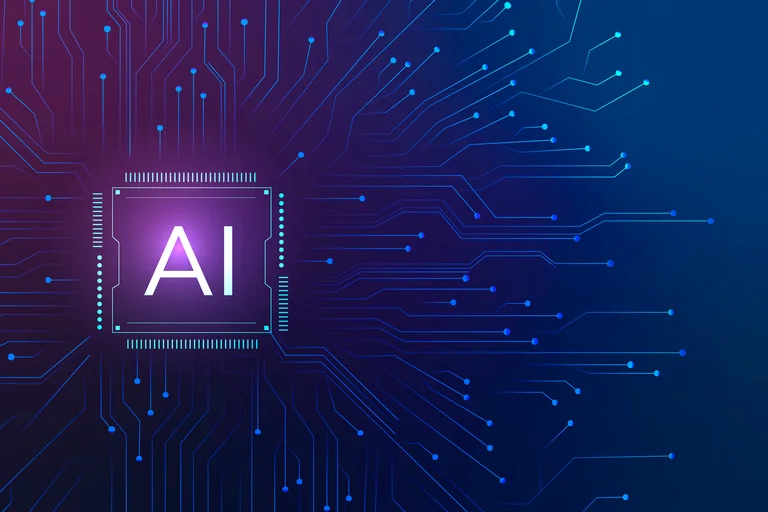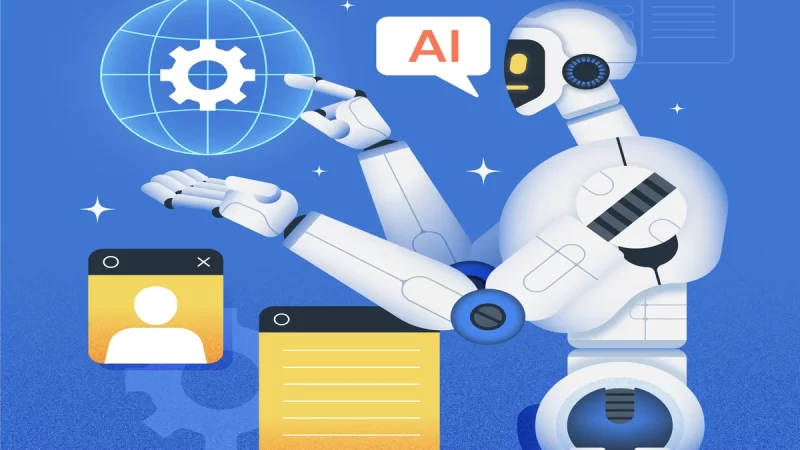Is AI Detector Trustworthy? What You Need To Know

In recent years, artificial intelligence (AI) has made significant strides in various fields, including detection and security systems. AI detectors, powered by sophisticated algorithms, offer the promise of increased accuracy and efficiency in identifying potential threats, anomalies, or patterns. However, as these technologies become more prevalent, questions arise about their trustworthiness and reliability. This article aims to delve into the topic of AI detectors, exploring their pros, cons, and essential factors to consider when evaluating their trustworthiness.
Understanding AI Detectors
AI detectors are software applications that utilize machine learning and deep learning algorithms to identify specific objects, events, or patterns in vast datasets. They are commonly used in various domains, such as:
- Security and Surveillance: AI detectors can be employed to identify unauthorized intrusions, suspicious activities, or potential threats in surveillance footage.
- Healthcare: Medical AI detectors can aid in diagnosing diseases, detecting abnormalities in medical images, and predicting patient outcomes.
- Fraud Detection: In the financial sector, AI detectors assist in identifying fraudulent transactions and patterns to mitigate risks.
- Natural Disaster Prediction: AI detectors can analyze data to predict natural disasters like earthquakes or hurricanes, helping authorities prepare and respond efficiently.
The Pros of AI Detectors
- Speed and Efficiency: AI detectors can process vast amounts of data quickly, surpassing human capabilities, and identifying potential issues in real-time.
- Consistency: Machines are not affected by fatigue, emotions, or external factors, ensuring consistent performance.
- Continuous Learning: AI detectors can learn from new data, improving their accuracy and performance over time.
- Enhanced Precision: With advanced algorithms, AI detectors can often achieve higher precision rates compared to traditional detection methods.
- Cost-Effective: In some cases, AI detectors can be more cost-effective, reducing the need for extensive human resources.
The Cons of AI Detectors
- Limited Understanding: AI detectors lack human-like understanding, which can lead to misinterpretation of complex scenarios or contexts.
- Data Bias: If the training data used to develop AI detectors is biased, it may lead to discriminatory outcomes or erroneous predictions.
- Security Vulnerabilities: Like any software, AI detectors can be vulnerable to hacking, potentially leading to exploitation or false data injection.
- Overreliance and Complacency: Relying solely on AI detectors may lead to complacency in human operators, reducing their vigilance.
Evaluating AI Detector Trustworthiness
When considering the trustworthiness of AI detectors, several factors must be taken into account:
- Transparency and Explainability: Transparent AI algorithms provide clear explanations for their decisions, making it easier to trust and verify their outputs.
- Bias Mitigation: Developers should take measures to identify and address bias in training data and algorithms to avoid discriminatory results.
- Testing and Validation: Thorough testing and validation against diverse datasets ensure the AI detector’s reliability and generalizability.
- Human Oversight: Maintaining human oversight and intervention in critical decision-making processes can prevent undue reliance on AI detectors.
Key Takeaways
AI detectors hold immense potential to revolutionize various industries, offering efficiency and accuracy beyond human capabilities. However, the trustworthiness of these systems is paramount. Transparency, bias mitigation, testing, and human oversight are vital factors in building reliable AI detectors. By striking the right balance between AI and human judgment, we can leverage the power of these technologies while ensuring they operate responsibly and ethically.







